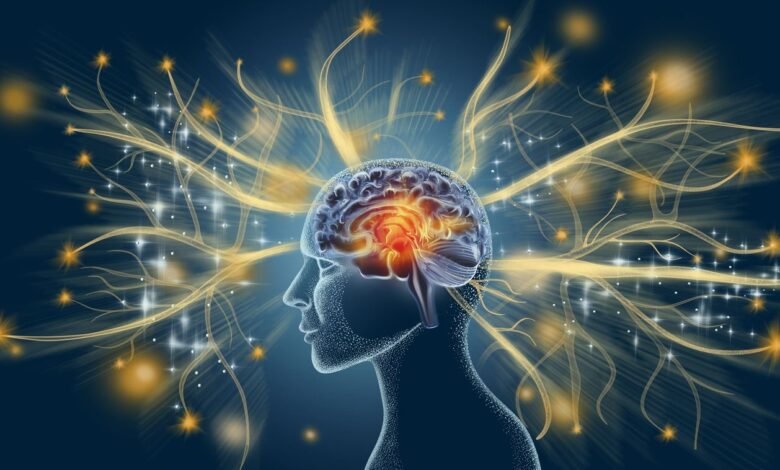
Jon Jones slams ‘brain-damaged’ Georges St-Pierre for talking PED ‘foolishness’
Jon Jones slams ‘brain-damaged’ Georges St-Pierre for talking PED ‘foolishness’. Former Ultimate Fighting Championship (UFC) Light Heavyweight champion Jon Jones took a break from his never-ending social media battle with Daniel Cormier to turn his attention to a surprising new foe. Online Jobs
Indeed, “Bones” took to Instagram to call out former UFC Welterweight and Middleweight kingpin, Georges St-Pierre, after “Rush” recently proclaimed that anyone who has ever failed a drug test for performance-enhancing drugs (PEDs) should not be discussed as the potential pound-for-pound GOAT.
Source: Sportskeeda
Understanding Brain Damage: Causes, Effects, and Recovery
Brain damage refers to any injury or trauma that impairs the normal functioning of the brain. This damage can be caused by external forces (known as traumatic brain injury or TBI) or internal factors such as a stroke, tumor, infection, or lack of oxygen (called acquired brain injury or ABI). Depending on the severity and location of the injury, brain damage can have temporary or permanent effects on a person’s physical, emotional, and cognitive functions.
One common cause of traumatic brain injury is a blow to the head during car accidents, falls, sports, or violence. These injuries can result in a concussion, skull fracture, or even internal bleeding. On the other hand, acquired brain injuries can be the result of a stroke, cardiac arrest, poisoning, or infections like meningitis or encephalitis.
The symptoms of brain damage vary widely. Some individuals may experience memory loss, difficulty concentrating, or personality changes. Others might face challenges with movement, speech, or coordination. Emotional symptoms such as depression, irritability, or anxiety are also common. In severe cases, individuals may lose consciousness or fall into a coma.
Diagnosis typically involves a combination of neurological exams, imaging tests like CT scans or MRIs, and cognitive assessments. Treatment depends on the type and extent of the injury. Emergency medical care may be needed to stabilize the patient initially. Long-term rehabilitation can include physical therapy, occupational therapy, speech-language therapy, and counseling.
Recovery from brain damage is often slow and varies greatly between individuals. Some people regain most of their abilities, while others may have permanent impairments. The brain does have some capacity to rewire itself—a process called neuroplasticity—which can help improve function over time, especially with early and intensive rehabilitation.
Living with brain damage requires patience, support, and often lifestyle adjustments. Family members and caregivers play a vital role in assisting with daily routines, encouraging therapy participation, and monitoring progress.
In conclusion, brain damage is a serious medical condition that can significantly impact a person’s life. Early intervention, proper care, and a strong support system are key to maximizing recovery and improving quality of life. Continued research into brain health and therapies is giving hope to individuals and families affected by this complex condition.
